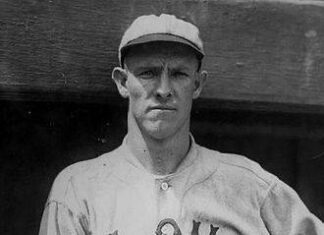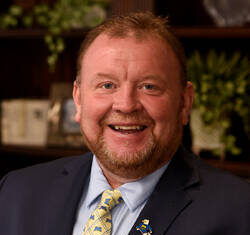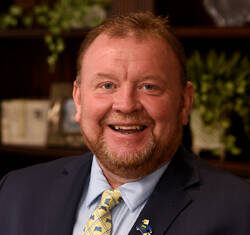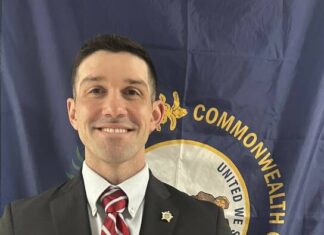It’s been almost 30 years since sociologist Ray Oldenburg published his book The Great Good Place introducing the concept of ‘the third place.’ Third places are anywhere people spend meaningful time beyond their first place (home) and their second place (work); they’re where you can relax in public, enjoying conversation both with new acquaintances and with ‘regulars.’
Once upon a time, Americans’ third places were country stores and barber shops, low-profile spaces where many would go to catch up on news and just chew the fat. Examples in popular culture are the bar Cheers from the 1980s sitcom by the same name, or Central Perk, the coffee-shop in Friends. Laugh if you must, but one of the clearest modern examples of a third place in Maysville is McDonald’s, where individuals meet – often before dawn – to drink coffee and tell tales. (In some communities, these are called ROMEO clubs: Retired Old Men Eating Out…)
McDonald’s is a successful third place primarily because it’s open to the public and no one really seems to mind how long you stay. After all, some of the defining characteristics of a third place are that it’s free or very cheap, with one cup of coffee buying an entire day’s ‘lease’ in some cases, and that there’s no real agenda. No membership is required, people are equal, and there’s no dress code. People come as they are and leave when they want.
Oldenburg was driven to write about third places because he saw that many residential areas were becoming devoid of public gathering places. As more Americans moved out into the suburbs, a sense of community was lost along with a sense of place — or at least third place. This topic is also addressed in Sam Quinone’s popular book Dreamland, named for a Portsmouth community swimming pool that once served as a third place for many in the city. He alleges that literally closing the doors of such community places has figuratively opened another door – one to drug abuse and other societal problems that are bred in privacy.
Suburbs have not been the only threat to third places; they’ve been devalued as technological interconnectedness has grown as well. For many Americans, particularly young people, third places are virtual – think Facebook, SnapChat, and group texts filled with so many emojis. And while these virtual third places are certainly valuable, there’s no substitute for actually being in the room with someone, communicating face-to-face. (But that’s a topic for another column!)
Third places define a town or city and its capacity for success just as much as the availability of well-paying jobs and comfortable housing. Since third places are where we can be ourselves in public, without them it is difficult to feel rooted within a community. This is more true now than ever; as one chamber of commerce explained it, “a generation ago, Joe was ‘the accountant on the third floor.’ Today, Joe is ‘the guy who is president of the local Harley club.’”
So where are our third places in rural and semi-rural Kentucky? Churches, parks, and pubs still fit the bill. So do coffee shops, provided that people are actually conversing and not just using the wifi to get work done. Your third place might be a gym, as long as conversation with others is a staple of your visit. Public libraries can be another great third place, especially for teens. Movie nights, Manga clubs, crafts, and other free activities are designed to give young people a place to meet others. The Maysville Young Professionals Network has taken a similar approach, inviting people of all ages to game nights and book club meetings where – seriously – there’s no obligation to have actually read the book. To describe their monthly meals together, the young professionals have written, “There’s no agenda for this get-together and it’s not limited to young professionals; it’s just a casual opportunity to support a local business among new or old friends! Come and go as you please.”
If you don’t know where your third place is, I encourage you to start looking. Oldenburg wrote that third spaces are “anchors of community life” and are vital to fostering civic engagement, democracy, and a sense of community. Finding your third space will strengthen your view of yourself as a part of something bigger, and that’s something that could benefit everyone.
–
Ellen Cartmell is Public Health Policy Advocate for the Buffalo Trace District Health Department.





